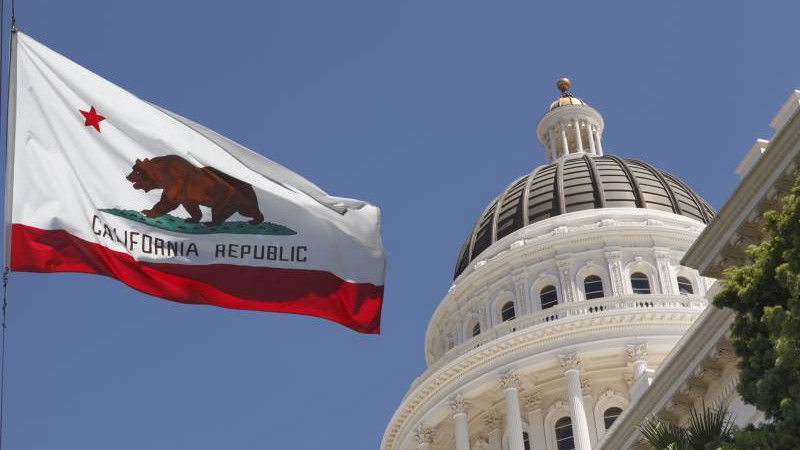Legislators agree on us$ 15 million, one-time fee for Pennsylvania’s table games in casinos

But legislators still haven't reached an agreement on what tax rate will be applied to gross revenue from table games, and whether all the money will go to the state or whether a small portion will go to the casinos' host counties and municipalities. Casino officials want a tax rate of no more than 12 %. They also want a license fee of us$ 10 million, but it appears they won't get that.
A Senate bill on table games sets the tax rate at 14 %- 12 % for the state's general fund and 1 % each for the local governments. Governor Ed Rendell said the state's tax rate should be a minimum of 16 % to generate the us$ 200 million or more in annual revenue the state needs from table games.
Other legislators favor a tax rate ranging from 18 % to 34 %. Some casino officials say they won't add table games if the rate is too high because table games are labor intensive, which increases costs.
The governor met Monday with legislative leaders in an effort to get table game details ironed out so the Legislature can vote on a bill. Rendell said he'd like to have an agreement on the bill by Friday, but McCall and House Democratic Leader Todd Eachus didn't promise that. "We are still negotiating the terms of the table games bill," He told reporters after the meeting. "We're still working on the numbers."
The House doesn't have a formal voting session planned until November 9. Rendell said he'd like action before that. The chamber is on a "six-hour call," meaning members can be called back to vote within six hours if a deal on a bill comes together. "We won't bring the House back until we have an agreement on all aspects," McCall said. "We have to make sure the math (on tax revenue) adds up."
Until legislation for table games is approved, the state can't distribute us$ 730 million in state aid to institutions such as Penn State University, the University of Pittsburgh, Temple University, Carnegie Museums and 24 other medical, educational and arts groups around the state.
Rendell said the table games bill must generate a sufficient amount of recurring revenue to balance the state budget in 2009-10 and 2010-11. Revenue estimates are for us$ 200 million this year and at least us$ 250 million next year.
Besides the questions over the tax rate and local share, several other important issues are still unsettled: Whether to include approval for table games as part of overall reforms to the state's 2004 gaming law or as a separate bill; whether two resort casinos authorized by the state can have table games or increase above the limit of 500 slot machines and finally whether tax revenue from table games should go into the general fund permanently or shift to property tax relief after three years.

















